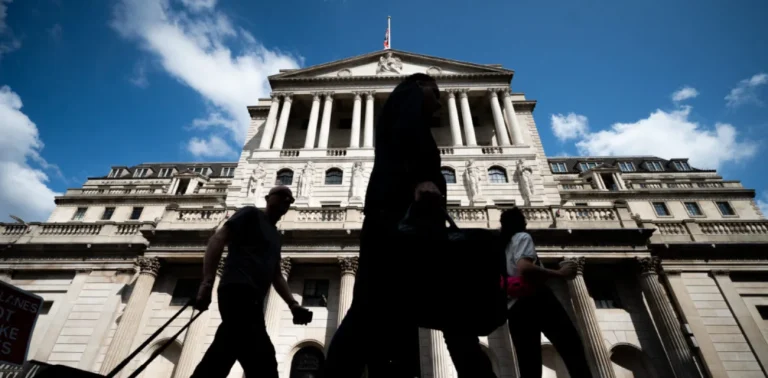In a politically charged atmosphere, Sir Keir Starmer, the leader of the Labour Party, is facing mounting pressure to suspend backbench MP Dawn Butler after her controversial retweet about fellow MP Kemi Badenoch. Butler’s action came in response to a post from Nigerian-British author Nels Abbey, who described the potential for Badenoch to become Conservative leader as indicative of “white supremacy in blackface,” referring to what he called the “black collaborator class.”
Although Butler promptly deleted the retweet, the backlash was swift and severe, particularly from Conservative figures. Ben Obese-Jecty, the newly elected MP for Huntingdon, stated, “This will be a test to see whether Keir Starmer removes the whip, or effectively condones Butler’s abhorrent approval of this smear.” He emphasized that Butler’s comments were reflective of a wider issue within the Labour Party regarding its stance on Black Conservative politicians.
Despite the growing calls for action against Butler, Labour officials indicated that there were no immediate plans to remove the whip from her. This decision is particularly notable given Starmer’s history of taking action against Labour MPs for similar remarks. For instance, in 2022, Starmer suspended MP Rupa Huq after she described then-chancellor Kwasi Kwarteng as “superficially” black. Huq later apologized and was reinstated after six months.
Supporters of Kemi Badenoch, who made history as the first Black leader of a major UK party, have voiced their disapproval of Butler’s comments. Prominent figures, including Starmer himself and Foreign Secretary David Lammy, previously celebrated Badenoch’s leadership as a significant milestone for diversity and representation in British politics.
In a subsequent clarification, Abbey described his initial remarks as “clearly satirical” and aimed to provoke thought rather than serve as a direct attack. However, he defended Butler’s right to express her views, arguing that many Black individuals might not celebrate Badenoch’s ascent in the same manner as white politicians, citing a “vehement political disagreement” within the Black community. Abbey asserted, “Because of stuff like this, it is both fair and to be expected that many black people may not view Badenoch as a ‘proud moment for our nation’ in the same way as, say, Keir Starmer does.”
The situation continues to unfold, with political analysts watching closely to see how Starmer will navigate the sensitive issues of race, representation, and party unity as the Labour Party approaches the next election.







